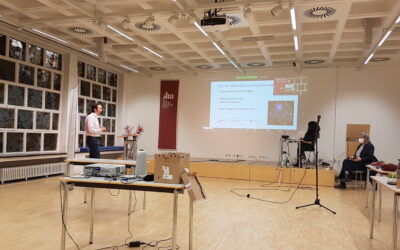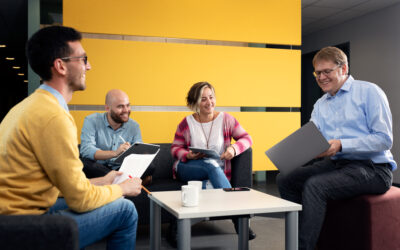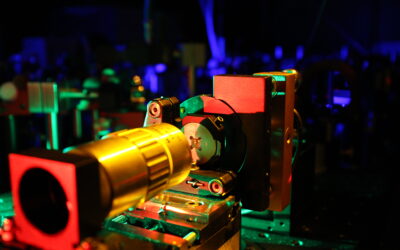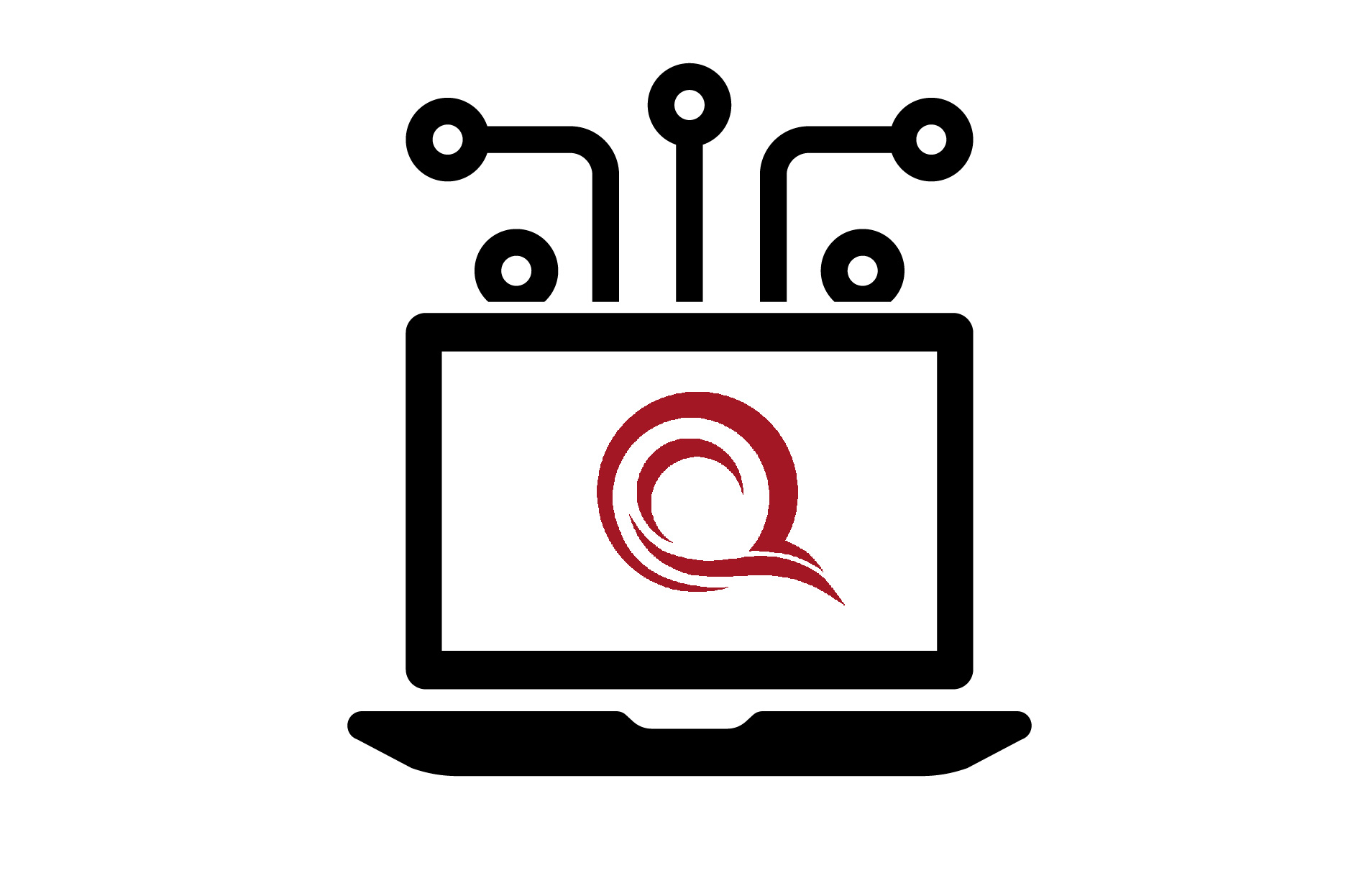Quantum technology represented for the first time in Nacht der Technik Cologne
For the first time, Nacht der Technik Cologne showcased the wonders of quantum computing research among its diverse program. On the night of June 21st, the physics department at the University of Cologne came alive as the department’s foyer and corridors of the second physics institute buzzed with activity. Over fifty visitors of all ages stopped by as part of their night tour, attending scheduled lab tours and talks.
The first tour led by Oliver Berunig took visitors to the Clean Room for material fabrication. There, research on the nanoscale to create topological matter—a promising platform for quantum computing—was presented. Alina Henriette Rupp then guided the second tour to the Laboratory for Quantum Electronics, which uses “Cologne’s most complicated refrigerator” to explore electron transport in exotic quantum materials. Researchers here work on exposing material properties to propose prototypes for innovative quantum devices.
The talks brought attendees back to the fundamentals: How exactly do quantum computers work? What can they do, and how are they built and programmed? Christoph Berke used Schrödinger’s cat to illustrate the fascinating quantum physics phenomenon of superposition, which enables a quantum particle to be in several states at the same time, providing the exceptional computational power of quantum computers. David Gross continued this exploration with further insights into the field.
During Nacht der Technik, technology companies, public institutions, and universities open their doors to allow visitors to experience their technology live on site. Around 68 companies and institutions from various sectors participated in this year’s event. Whether it is a digital start-up, a local fire department, a traditional company, or a quantum computing research network, the biannual Nacht der Technik tour grants you a look behind every door.
Previous events
David Gross at the Karl Rahner Akademie
Yesterday David Gross gave a lecture on quantum computers at the Karl Rahner Akademie in Cologne. Karl Rahner was a Jesuite priest and theologian who is considered to be one of the most influential Roman Catholic theologians of the 20th century. He is known for...
ML4Q Concepts seminar series starting in December
The first ML4Q Concepts seminar series will kick off in December and will have its first focus on Majorana fermions. ML4Q Concepts is designed to be the communication hub of the cluster and, at the same time, a think tank on quantum information science and...
Registration open to join “Condensates of Light 2020”
Martin Weitz, ML4Q site representative at the University of Bonn, is one of five organizers of the three-day workshop Condensates of Light. This year the workshop is taking place online from December 9 to December 11. Registration is now open! About the workshop...



